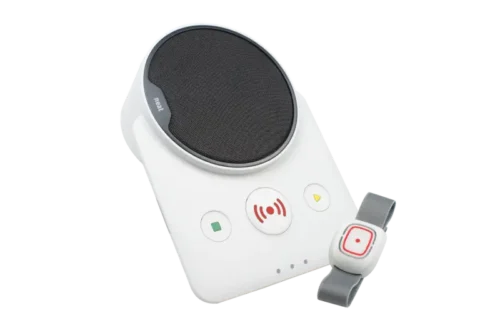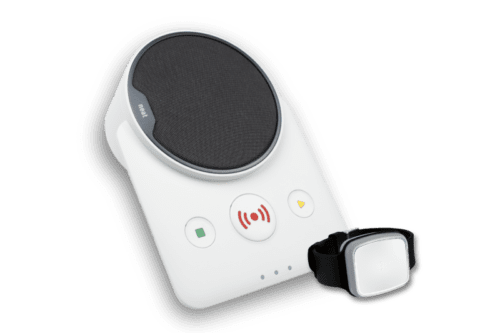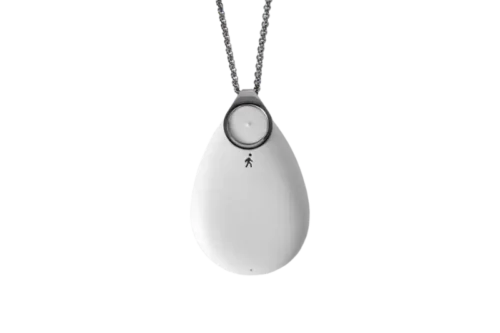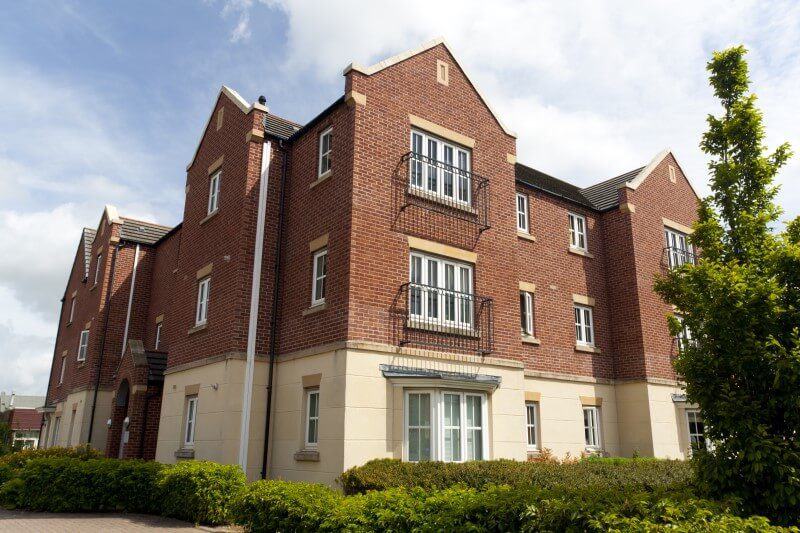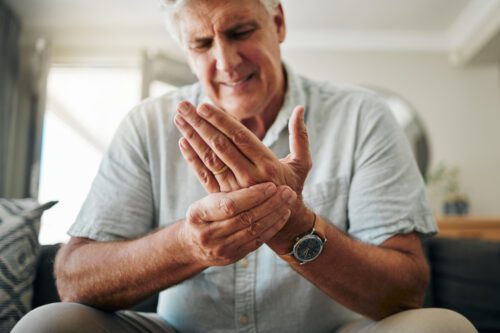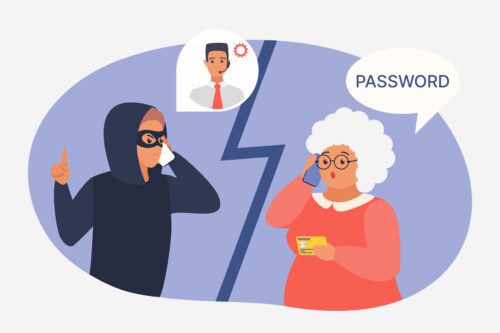Discharge from the hospital after an extended stay or surgery can be both a relief and a challenge. While it is often a sign of progress and improvement, it can also be a daunting experience as patients adjust to changes in their physical and mental health. After being under constant medical supervision and care, patients must now learn to take charge of their own recovery. The transition from the hospital home can be a crucial time for patients as they grapple with a new routine and potentially complex treatment plans.
It appears that the level of care available can vary from region to region, with some NHS trusts appearing to be more proactive than others in caring for patients discharged from hospital after a serious illness. The NHS Choices website has some good advice on how to ensure that care continues once you have returned to your own home. While most people need minimal support, some patients require a more complex discharge programme. The NHS explains, “As well as hospital staff, your discharge or transfer may involve other healthcare professionals, such as your GP or a community nurse. Local Authorities, independent, and voluntary organisations may also involve themselves outside the NHS.”
Tips on a Successful Return Home
If you are unsure about any aspect of your discharge, talk to the healthcare professional managing your return home. Some helpful tips on a successful return home include:
- Provide a forwarding address for any mail.
- Make sure you have collected your hospital discharge letter for your GP.
- Make sure you have the medication you need.
- Make a follow-up appointment if you need one.
- Ask the nurse in charge of your unit for any medical certificates.
One very important thing: When the hospital discharges you, they will provide a letter for your GP. It includes information about your treatment and future care needs. Give this letter to your GP as soon as possible.
Personal Alarms
Many hospitals insist that elderly patients have a careline or lifeline service installed in their home before they are discharged. This is a good idea, especially for those that live alone or have relatives who live many miles away. The advantage of having a personal alarm at home is that if a patient who gets in trouble can get help by simply pressing the emergency button on their pendant at any time of the day. There are many organisations and local authorities that provide such services.
Telecare24 is passionately committed to working closely with hospital staff and patients aspiring to return home. This strong collaboration ensures swift and seamless transitions from hospital care to home, focusing on crafting solutions tailored to the individual’s needs.
You can reach Telecare24 by calling 0800 180 85 40 or emailing support@telecare24.co.uk. Although the level of care varies throughout the UK, there are things we can do ourselves to reduce the stress of being discharged from hospital. Installing a personal alarm in our homes seems like a fitted in our homes seems like a sensible place to start.
Thank you for reading this article. We hope you find it helpful. For more useful information like that in this article, check out our blogs.
